
Media laws will be made on priority basis: Minister Sharma
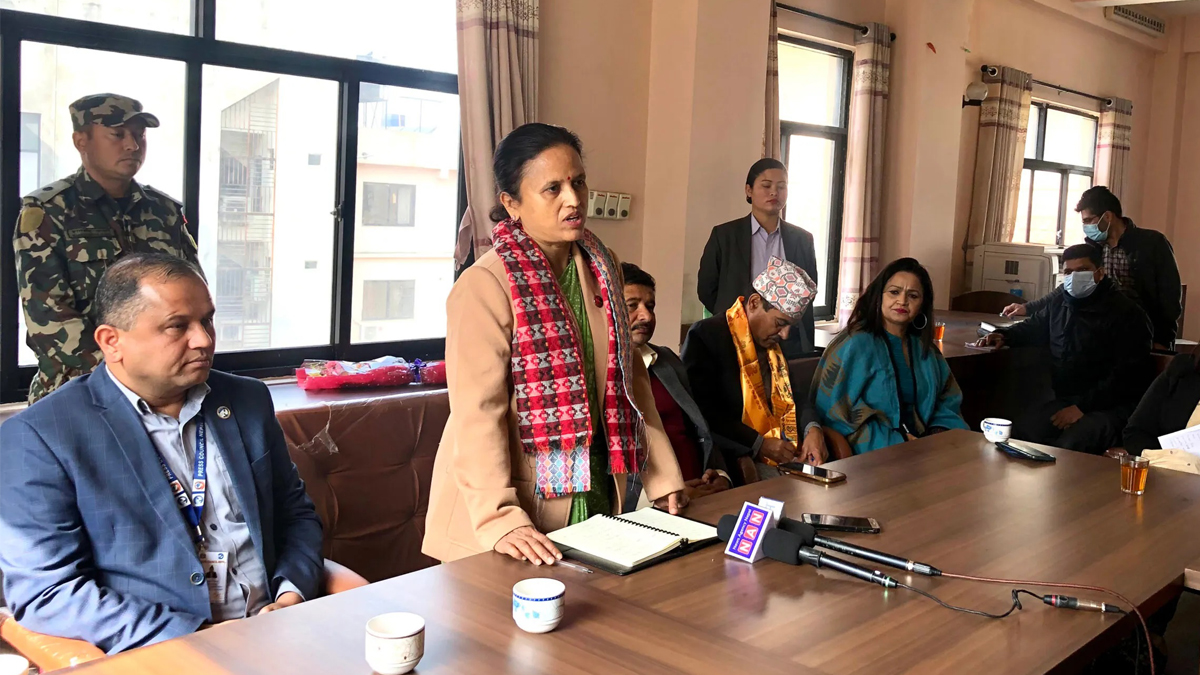
Minister for Communications and Information Technology Rekha Sharma said laws relating to media would be materialised on a priority basis.
Stating that there is a need to regulate communications sector with the advent of technology, the Minister said media related laws would be made in the direct participation of stakeholders. She was speaking at an event organised by the Federation of Nepali Journalists (FNJ) at the Media Village today.
The Minister urged all stakeholders including the FNJ to provide suggestion in carrying out policy reforms in the media sector while pledging to do reforms accordingly. Pointing out an important role of mass media for development activities and changes in the country, she said, “Politics and journalism are mutually interconnected. Big changes in the country could not be possible unless the two streams were connected.”
On the occasion, the FNJ President Bipul Pokharel urged the Minister to conclude laws relating to communications that are stuck and in the pipeline in the parliament.
Working journalists should also get facilities given by the government to the media, he stressed. There should be reforms in the Media Council Bill, and the communications sector including the Mass Communications Academy and the honour to the senior journalists on FNJ’s suggestion, he viewed.
Maintaining that the Ministry had seriously taken the issues raised by the FNJ, The Ministry’s Secretary Dr Baikuntha Aryal said the issue of establishing the communication academy was being discussed at various stages.
Former FNJ President Dr Mahendra Bista stressed the need for the communications sector to help raise living standards of people with the expansion and access of technology.
Also, former FNJ President Gobinda Acharya asked Minister Sharma to set up various funds in line with existing laws for the welfare of working journalists.
Stating that small-scale media were on the verge of a closure without funds, and the Working Journalists Act was yet to be fully implemented, he stressed the need for the FNJ to take initiatives for the holistic welfare of working journalists.
The FNJ’s advisor Nirmala Sharma however said incidents and remarks from the political sectors on press had posed challenges and risks on democracy.
Likewise, Chairperson of the Press Council Nepal, Bal Krishna Basnet, stressed the need for regulating new media that is emerging with the advent of technology.
The FNJ General Secretary Roshan Puri demanded the establishment of the communication academy for enhancing journalists’ efficiency.
He drew the attention of the Minister to the incident wherein there was a lack of FNJ’s representation in the government’s policy committee related to communications while demanding the identification of journalists based on media houses they are associated with.

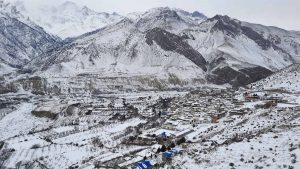
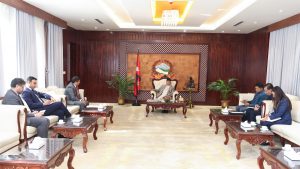
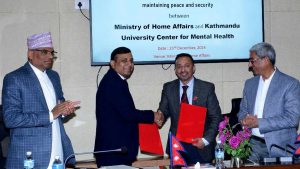
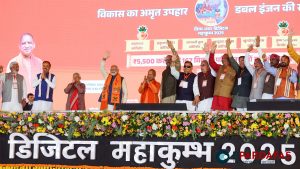


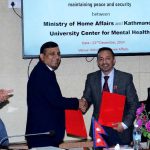




Comments